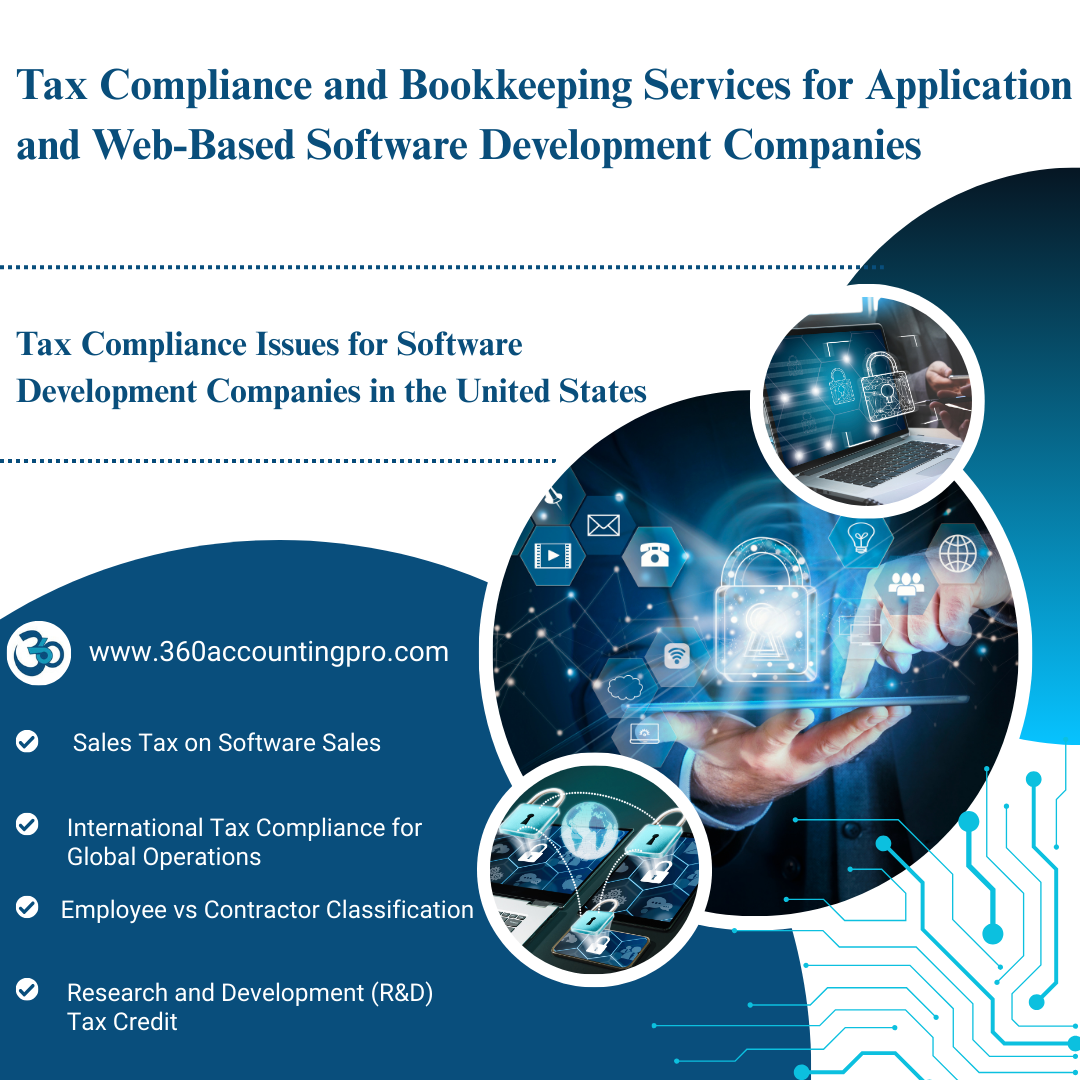

06-05-25
Bank reconciliation is one of the most essential accounting tasks for maintaining accurate financial records. Whether you are a small business owner or a finance professional, reconciling your bank statements regularly helps detect errors, avoid fraud, and ensure your books reflect the true financial position of your business.
In this blog, we will cover
What is bank reconciliation
Why bank reconciliation is important
Tips and tricks to make the process easier and more accurate
Bank reconciliation is the process of comparing the balance in your accounting records with the balance on your bank statement. The goal is to ensure both records match and to identify any differences caused by timing issues, missing entries, or errors.
Common causes of mismatches include
Outstanding checks or deposits
Bank fees not recorded in the books
Errors in data entry
Duplicate or missing transactions
Timing differences in clearing payments
Performing regular bank reconciliations helps keep your financial records accurate and reliable for decision-making, tax filing, and audit readiness.
Ensures accuracy in your books by identifying discrepancies
Prevents fraud by catching unauthorized transactions
Helps cash flow management by giving real-time visibility into available funds
Supports audit preparation with clean and verified records
Identifies bank errors before they become costly
Here are some proven tips and best practices to make your reconciliation process easier and more effective
1 Reconcile Regularly
Do not wait until the end of the month. Weekly or even daily reconciliations help you stay on top of discrepancies and reduce the workload.
2 Use Accounting Software
Tools like QuickBooks, Xero, and Zoho Books offer bank feeds and automated reconciliation features, saving you time and reducing errors.
3 Match Transactions by Date and Amount
Start by matching transactions that are identical in amount and date. Then move to partially matching entries where timing differences may apply.
4 Review Bank Fees and Interest
Make sure to account for charges like maintenance fees, overdraft fees, and interest income that may not yet be recorded in your accounting system.
5 Track Outstanding Checks and Deposits
Record checks you have issued or deposits made but not yet cleared. These can explain the difference between your books and the bank balance.
6 Keep Backup Documentation
Always keep a copy of receipts, invoices, and deposit slips in case you need to verify a transaction during reconciliation.
7 Use a Reconciliation Checklist
Follow a step-by-step checklist to stay consistent. This ensures you do not skip any part of the process and helps in training new staff.
8 Investigate and Resolve Discrepancies Promptly
Do not ignore unmatched items. Investigate them quickly to find the cause and make necessary corrections in your records.
9 Separate Duties for Oversight
Where possible, separate responsibilities between recording transactions and performing reconciliations to reduce risk and increase transparency.
10 Reconcile Credit Card and PayPal Accounts Too
Bank accounts are not the only ones that need reconciliation. Business credit cards, payment processors, and digital wallets should also be checked regularly.
Bank reconciliation is a critical part of maintaining healthy financial records. When done properly and regularly, it helps prevent costly errors, builds trust in your financial data, and keeps your business audit-ready.
By following these simple tips and using the right tools, you can streamline your reconciliation process and stay in control of your business finances.
If you are struggling to keep your books in order, 360 Accounting Pro offers professional bookkeeping and reconciliation services to ensure your financials are always accurate and up to date.
Let 360 Accounting Pro take the stress out of your bank reconciliation.
Tags : Bank Reconciliation, What is Bank Reconciliation, Bank Reconciliation Importance, Bank Reconciliation Tips, Bank Statement Reconciliation, Financial Accuracy, Accounting for Small Business, Prevent Fraud in Accounting, Cash Flow Management, Bookkeeping Tips, QuickBooks Reconciliation, Xero Reconciliation, Zoho Books Reconciliation, Accounting Software for Small Business, Bank Errors, Reconciliation Checklist, Small Business Accounting, Reconcile Bank Accounts, Reconcile Credit Card Accounts, Track Outstanding Checks, Accounting Best Practices, Financial Record Keeping, Audit Preparation, Professional Bookkeeping Services, 360 Accounting Pro, How to Reconcile Bank Statements, Transaction Matching, Reduce Accounting Errors, Bank Fee Reconciliation, Fraud Prevention, Business Finance Management, Reconciliation Process

















































.jpg)
.jpg)
.jpg)
.jpg)


).jpg)














 Get A Quote
Get A Quote
Leave A Comment